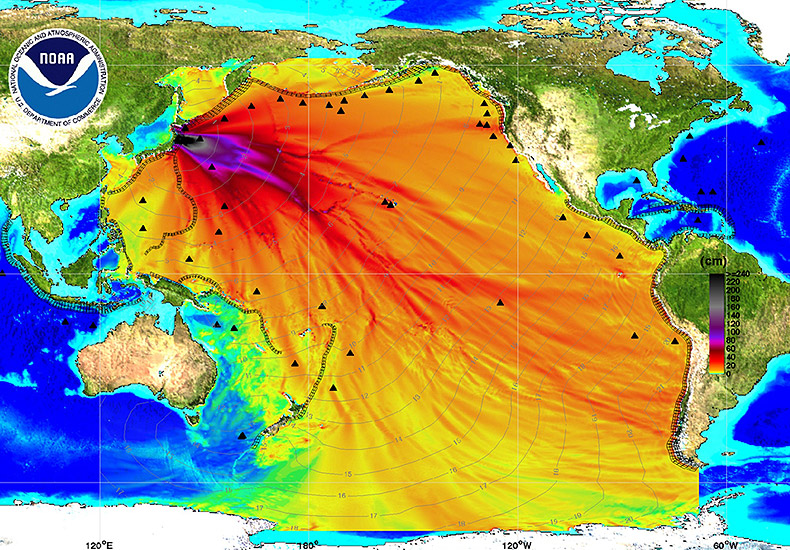 Underground: The Tokyo Gas Attack and the Japanese Psyche by Haruki Murakami
Underground: The Tokyo Gas Attack and the Japanese Psyche by Haruki Murakami
My rating: 3 of 5 stars
I find it very interesting reading non-fiction by writers that are generally better known for their novels. I like taking a sneak peek at how they perceive and document real events and whether their love for the imaginary can affect the way they tell a story.
For some reason I have connected Murakami with magical realism, even if I’ve only read only one other book of his and that not one of the most well-known. This book, then, didn’t feel like Murakami – possibly because I have no clear idea of what Murakami feels like in the first place, maybe because it had too little magical and too much realism in it, the hard-hitting kind, the “it could have been me” a lot of the people in the book kept saying.
However, I don’t want to do Underground injustice and understate the way it moved my imagination and sense of awe(m). In the second part of the book, a later publication which followed the success of what was originally just the first part (the one with the interviews of the victims and the indirecty affected), we get to see what Aum, the religious cult/organisation whose higher-ups were behind the gas attacks, was like from the inside. We get to read the stories of disillusioned still-members, tortured ex-members, believers that achieved superpowers through their association and training with Aum, personal histories that follow certain people’s fascination with transcendence and enlightenment and how ultimately that led them to the cult’s doorstep. These stories, what people were able to do, what peace they found, what secret powers their leaving the “secular world” unlocked in them… To be honest, judging by their motives and lost hopes in the world and by my own sense of being a ship in an endless ocean trying to find an island, I can completely relate; I, too, would have become a member. But would I have done things differently were I in their shoes? Maybe I should be asking myself what I would have done if I was Japanese before I ask anything else, of course!
The book left me wanting to investigate, to slowly discover more of the hidden world that was promised to those people but without the manipulation and the religious aspects, the Leader-centred bullshit. Underground also pushed me in equal parts towards further fascination, admiration for and disgust of the Japanese people and their culture. To illustrate, it would be greatly fulfilling to delve into the psyche of modern Japan -just like Murakami attempted to do with Underground- but at the same time I already know that too many aspects of it would make me feel like I’d be wasting my time and hopes on a lost case of a spent culture with no future. I would certainly be interested in reading a similar account of events of the 2011 tsunami and the aftermath of the Fukushima nuclear accident.
At any rate, from now on I’m going to be subconsciously checking for smelly liquids on carriage floors whenever I ride on subterranean trains.
Thanks Daphne for lending this book to me.

